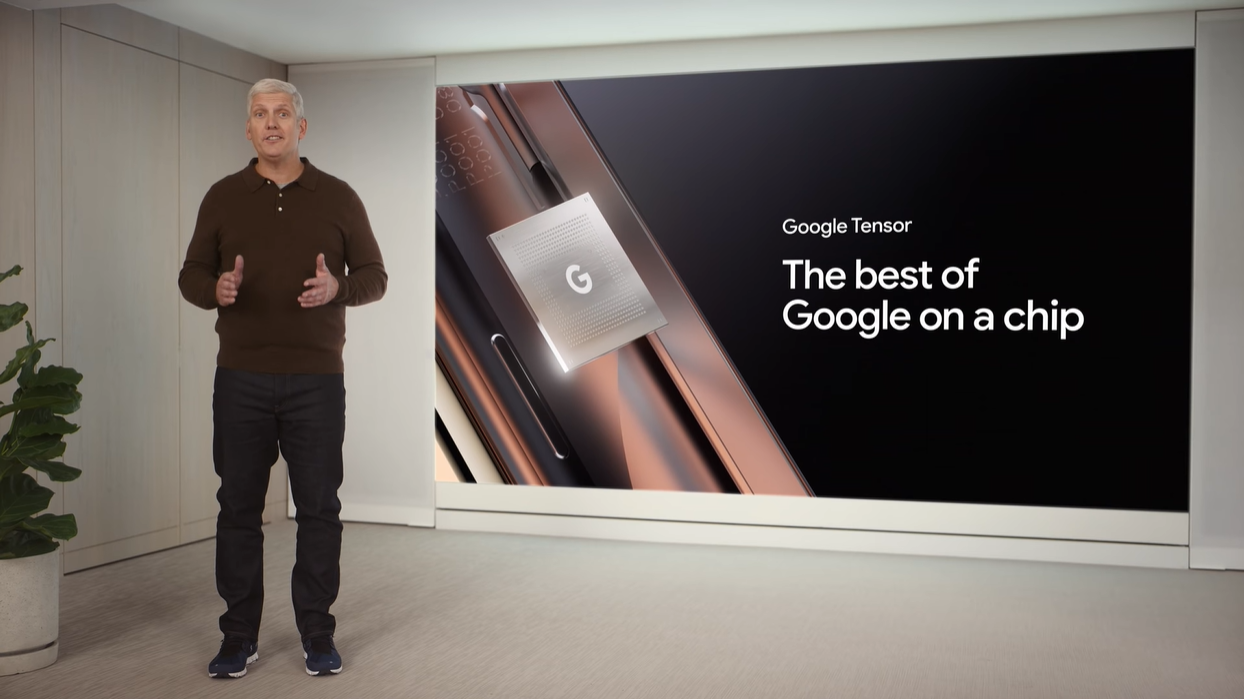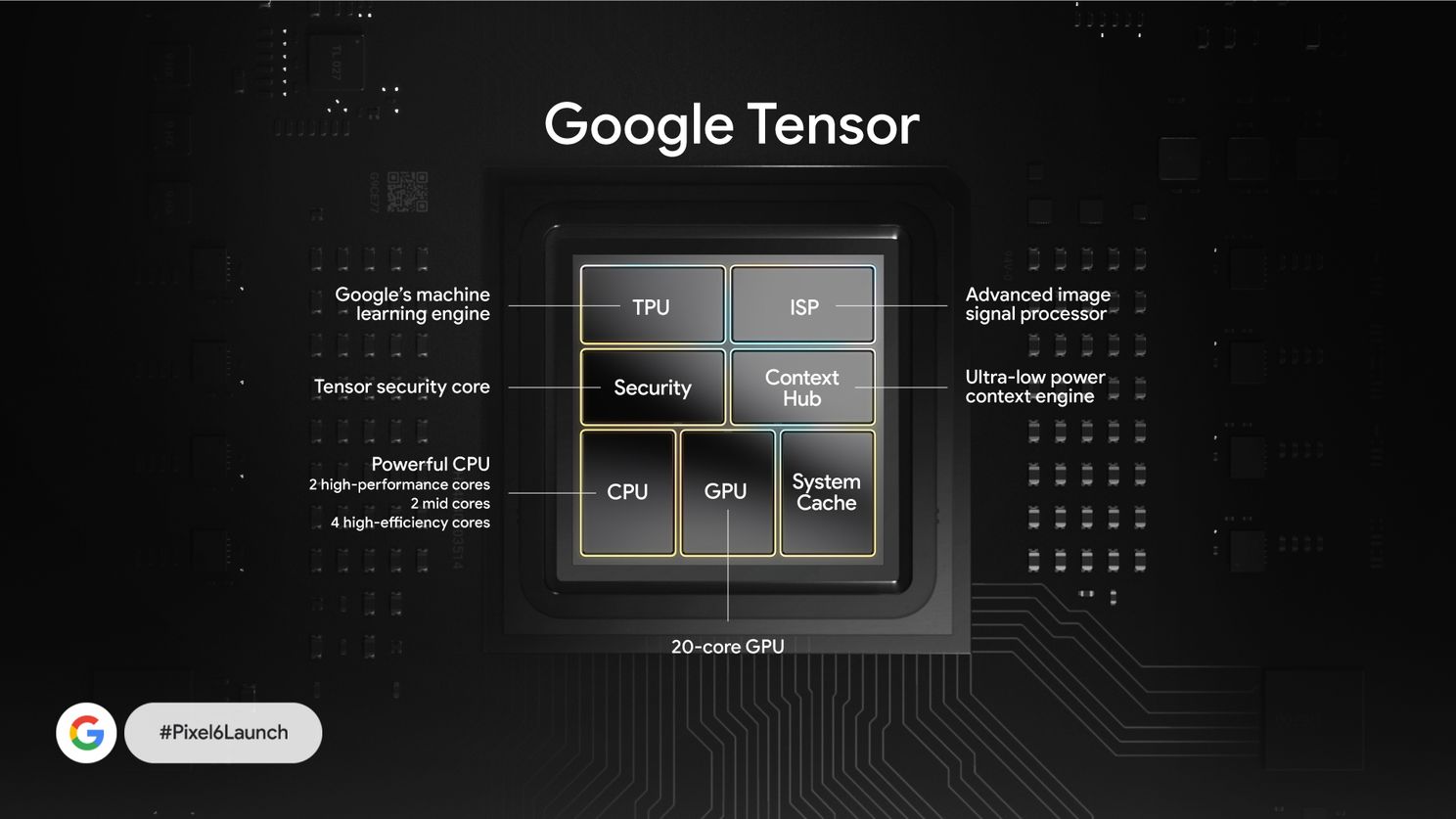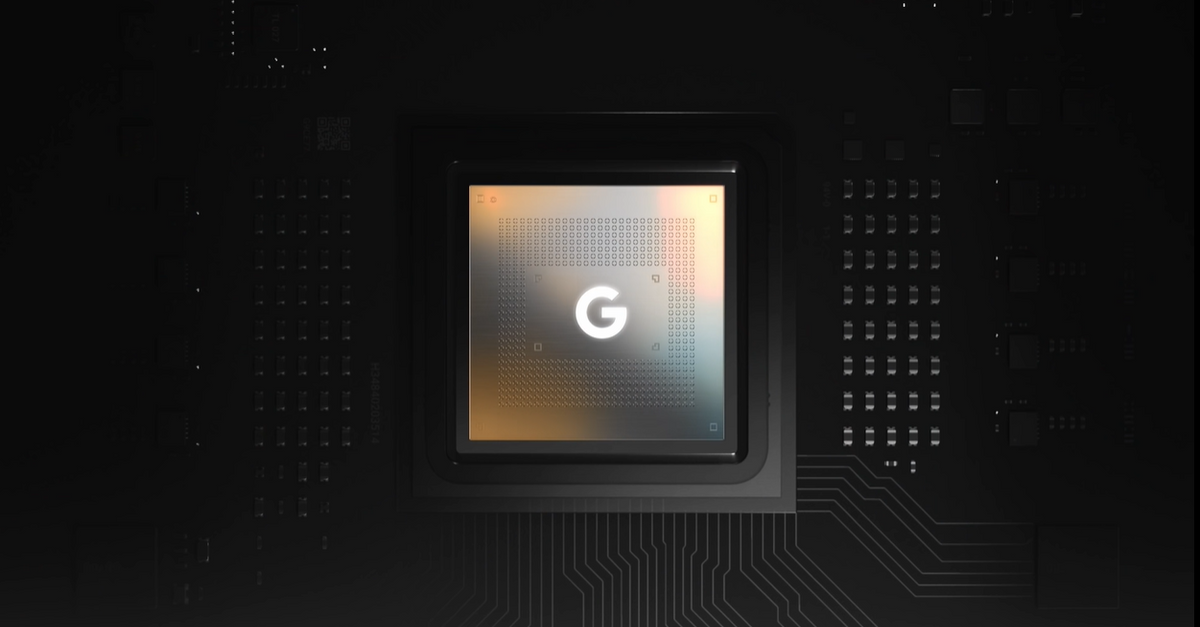everything you want to know about the smart processor
With the Pixel series, Google has placed a homemade chipset in its phones for the first time. Tensor is said to be much more powerful than the Snapdragon 765G in the Pixel 5, and Google is bluntly calling it a “breakthrough in AI, right in the Pixel.”
Contents
Google Tensor
Google has been designing chipsets for its own devices for some time now. From simple chips for smart speakers to the Titan security chips it uses in its data centers and Pixel phones. But since 2017, work has also been going on behind the scenes on its own chipset for Pixel devices, Google’s vice president Rick Osterloh told The Verge. The result is Tensor. It’s like the engine of the new Pixel 6 and Pixel 6 Pro. Let’s discuss what Google has created.
Tensor is a processor that is expected to deliver performance to match premium segment phones. We know that based on the specifications that Google has already partially revealed. It is made according to a modern 5 nanometer firing process, just like the most powerful mobile processors of the moment.
Fast and energy efficient
Most of the power comes from two Arm Cortex-X1 cores clocked at 2.8GHz. There are also two 2.25 GHz Cortex-A77 cores for less demanding tasks and four energy-efficient Cortex-A55 cores with a clock speed of 1.8 GHz.
What stands out? Google uses the same Cortex-X1 cores that we know from the Exynos 2100 processor of the Samsung Galaxy S21, only it uses not one, but two of these powerful cores. The idea is that more speed is available for medium-duty tasks such as object recognition in Google Lens. Where all other chipsets immediately deploy their less powerful cores at full power, the Pixel 6 uses the two most powerful cores at a slightly lower frequency. That is more efficient according to Google. Just ask the Assistant a question whether using facial recognition should use up to half the energy of your battery.
If Google makes the comparison with the Snapdragon 765G from the Pixel 5, a chipset that you can hardly call slow, the Tensor processor is 80 percent faster. Tensor should also enable a decent gaming experience, according to Google, and the GPU is 370 percent faster compared to the Adreno 620 from the Pixel 5.
Security and Titan M2
Yet a chipset for smartphones today is more than a cpu and a gpu. Google attaches great importance to the security aspect. The Tensor security core is an environment within Tensor that is completely isolated from the operation of apps. It is used to perform sensitive tasks and works in conjunction with the new Titan M2 security chip.
Titan M2 is the successor to the security chip we know since the Pixel 3 series. This secure element (SE), as it is also called, is not part of the processor and it serves to store sensitive information, such as passwords. It’s like a vault that can withstand advanced forms of cyber-attacks on mobile devices. SEs such as Titan M2 are becoming increasingly important and should enable a series of important new applications on smartphones in the coming years: from the digital car key to a place to keep your identity card.
Machine learning and smart features
Tensor comes further with the Tensor Processing Unit. That is a special part of the chipset that is responsible for tasks related to machine learning. That is an important form of artificial intelligence. The power for computation around machine learning is expressed in Tera Operations per second or TOPS. We do not know at this point that TOPS can handle tensor. Google also has the Context Hub that applies machine learning in combination with applications that require little power from the processor.
This section plays a big part in the smart features that the Pixel 6 phones pack. According to Google, the phones can translate smoothly in real time during calls and typing through speech should also work better on the new generation of Pixels.

Tensor also has an improved image signal processor (ISP), which is the part of the chipset that plays an essential role for the camera. The isp now works with an algorithm that enables the Pixel 6 series to make live HDR + recordings. These are video images with extra realistic colors and a strong contrast between light and dark tones. It makes recordings at a resolution of up to 4K and at 60 frames per second.
Collaboration above all else
Google says it has strongly focused on the efficient cooperation of all the different parts of its Tensor chipset. This is more important to the company than when it pulls out all the stops in terms of performance for each individual component. “Software applications are becoming more complex on mobile devices and different parts of a chipset are responsible for their operation,” said Google product manager Monika Gupta at his Pixel 6 launch event. It’s called Heterogeneous Computing. A chipset with a focus on high peak speeds for individual elements does well in benchmarks, but not in real life, said Gupta.

Interestingly, Google also made it clear on Tuesday that its new processor is just the beginning. “Tensor also gives us a foundation in terms of hardware on which we will build in the coming years. We can thus give you the personal and helpful experience you have come to expect from a Google phone,” said Osterloh. We expect Google to focus even more on chipset design in the future.
More about the Pixel 6 series
If you want to know more about the other features of the Pixel 6 series, you can read about them in our announcement article. In this article we have compared the specifications of both devices. Are you sure you want to pre-order a Pixel 6? We explain how you can do that. Also give us your opinion about the new phones in the weekly AW Poll.
![]()
![]()



